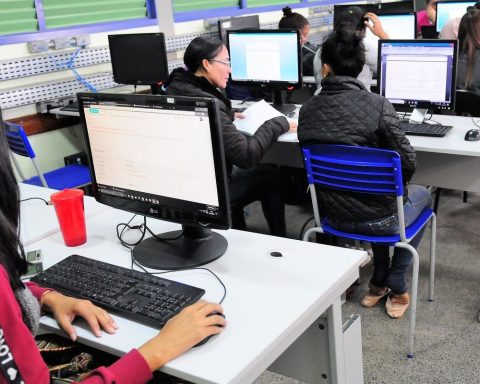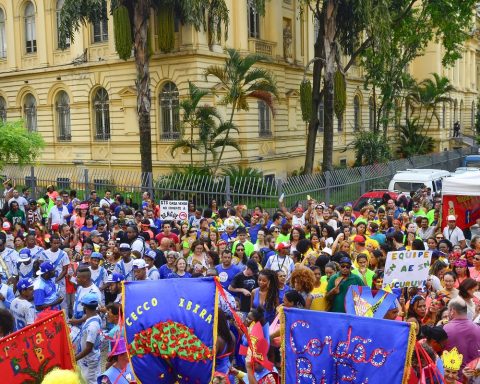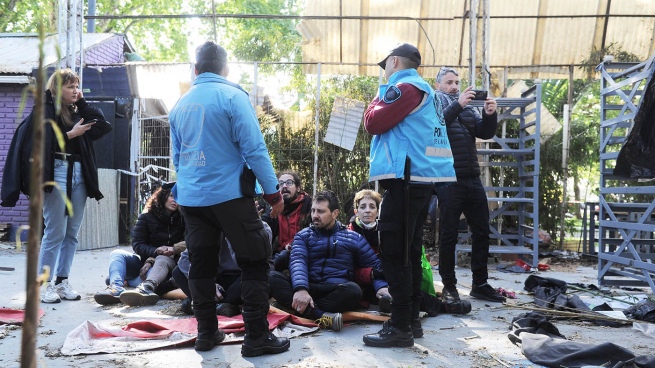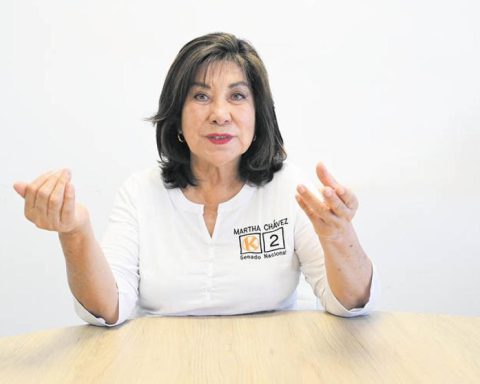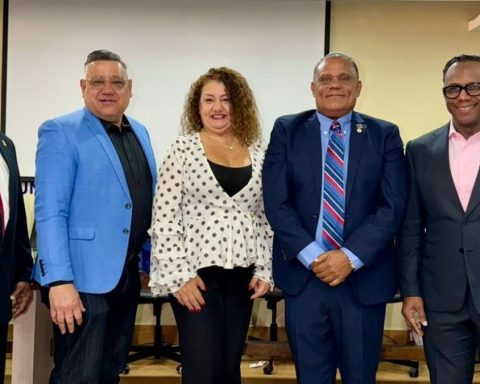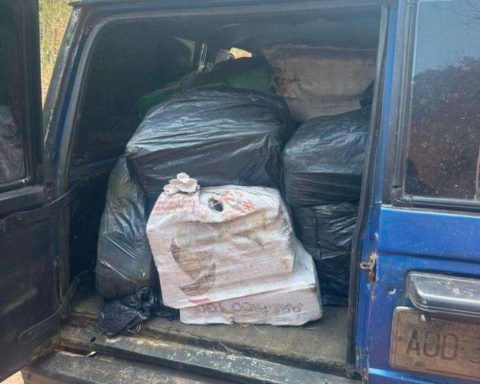Four indigenous women were elected to the Chamber of Deputies in these 2022 elections: Sônia Guajajara, elected by the PSOL of São Paulo; Célia Xakriabá, elected by the PSOL of Minas Gerais; Silvia Waiãpi, elected by the PL of Amapá and Juliana Cardoso, elected by the PT of São Paulo. They assume the position of federal deputies on February 1, 2023, the day of the start of the new Legislature of the National Congress. The term of office is four years.
The survey was based on the declarations in the candidacies available by the Superior Electoral Court (TSE). The first indigenous woman elected to the Federal Chamber is deputy Joenia Wapichana (Rede-RR), who took office in 2019. On Sunday (2), Joenia Wapichana received 11,221 votes, but was not reelected. Before her, the first indigenous deputy was Mário Juruna (PDT-RJ), who took office in 1983.
Sônia Guajajara received 156,966 votes for São Paulo. She is from the Guajajara/Tentehar people, who inhabit the Araribóia Indigenous Land, in the state of Maranhão, Brazil. Graduated in letters and nursing, she did postgraduate studies in special education. She has a history of fighting for the rights of indigenous peoples and for the environment. In 2022, she was chosen by the magazine Team as one of the 100 most influential people in the world.
Also for São Paulo, Juliana Cardoso was elected, with 125,517. She served two terms as a councilor in São Paulo, working with the city’s social and popular movements.
Célia Xakriabá received 101,154 votes in Minas Gerais. She holds a master’s degree in sustainable development from the University of Brasília and a doctoral candidate in anthropology from the Federal University of Minas Gerais. She is one of the founders of the National Articulation of Indigenous Women Warriors of Ancestrality. At the Minas Gerais Department of Education, she collaborated with the opening of indigenous and quilombola schools and the reopening of rural schools throughout the state.
Silvia Waiãpi received 5,435 votes in Amapá. She is a Brazilian actress, soldier, physiotherapist and politician.
With them, the Chamber of Deputies will have 91 deputies starting next year. According to Agência Câmara, the female bench is larger than the one elected in 2018, with 77 women. Women will represent 17.7% of the seats in the Chamber of Deputies. Today the representation is 15%.
Indigenous people elected in Brazil
In all, there were 171 indigenous candidacies considered suitable by the TSE in these elections, for all the positions in dispute, according to TSE data. In addition to the federal deputies, indigenous candidates Paulo Guedes (PT-MG) were also elected as federal deputy; Wellington Dias (PT-PI), as senator and Hamilton Mourão (Republicans-RS), also as senator.
At the state level, Lucinio Castelo de Assumção, Captain Assumção (PL-ES), was elected as state deputy and Amanda Brandão Armelau, India Armelau (PL-RJ), as state deputy.
According to the latest Census by the Brazilian Institute of Geography and Statistics (IBGE), in 2010, the more than 300 peoples total about 820,000 people in Brazil, representing about 0.5% of the Brazilian population.
In the world, according to the United Nations Development Program (UNDP), indigenous people make up about 5% of the world’s population and are leaders in protecting the environment. This population, worldwide, is most likely to be vulnerable, representing 15% of the poorest.




